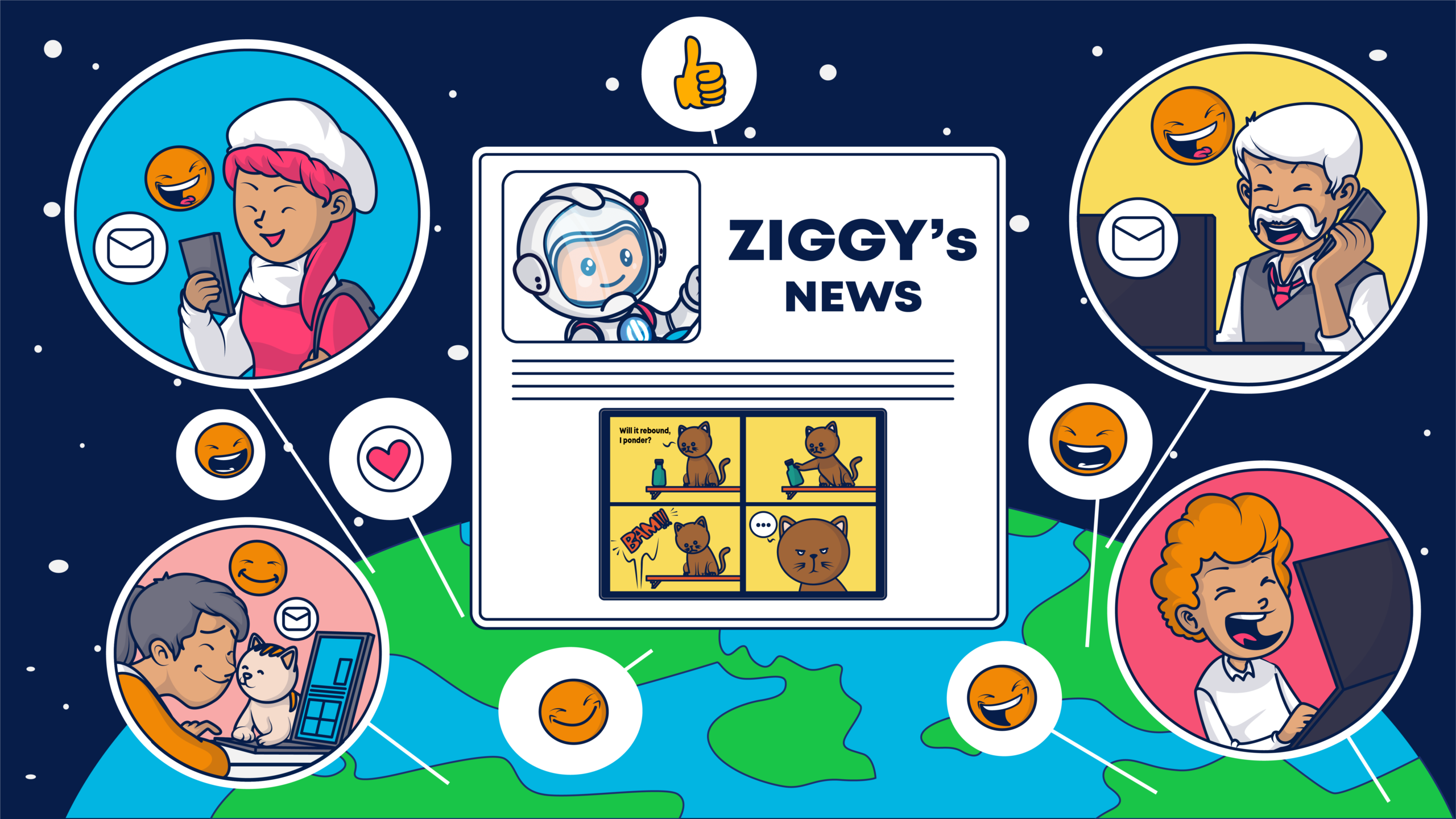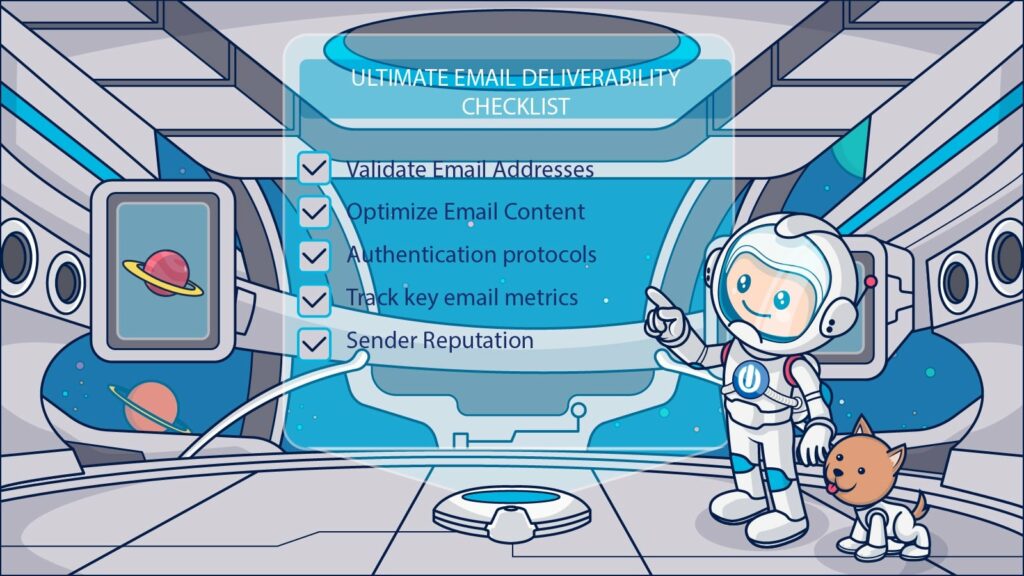A spam filter processes incoming email to an inbox, to decide if that email is ‘worthy enough’ or ‘scores enough points to be allowed in. It works by detecting unsolicited emails and blocking them from getting to the recipient’s mailbox.
Spam filters act like a shield, automatically processing the incoming mail against a pre-set list of criteria, specific to each Internet Service Provider (ISP) and they’re in place in order to protect the end recipient from phishing scams and junk alike.
But, sometimes, these filters block legit emails like the ones you send over to opted-in subscribers, affecting deliverability. Here’s what you need to know.
Why do they matter?
So you’ve put a lot of effort into your email marketing operation — your creative is on point, your campaign is ace and your content is killing it. But what’s the point of making all that effort if your email marketing is going to land in the spam folder, (potentially) never to be seen again?!
Avoiding spam folders is an art, and is as much a consideration of your email marketing operation as every other element you work on.
Where to start?
To understand how to avoid spam filters, you must firstly understand what makes them trigger. The following 5 areas are our overview on what to actively manage, in order to stay out of those pesky spam folders:
1. Set yourself up for success
Your technical set-up is key in avoiding spam filters within your email marketing. When setting up your accounts, choose elements of your set-up which will assist in indicating your authenticity to ISPs — like setting a familiar sender or from name, using a reply-to address and choosing your suppliers wisely.
2. Clean, reliable data
Great email list ‘hygiene’ is another essential to help you avoid spam traps. From collecting good quality data and using a double opt-in system to verify you recipients’ accounts, to regularly cleaning your email lists and removing bad or unengaged data — these are all tactics that help you to continuously stay ahead of your data health. You can also ask your recipients to add you to their safe senders lists or address books, as an extra element of safety for your future emails to get to them.
3. Content
Consistent branding, clean code & copy and avoiding using ‘spammy’ terms or bad language all play a role in how your emails are graded. Beyond just this, how relevant your content is to your audience also plays an important role. Ongage offers email marketers the ability to instantly integrate dynamic content and personalization features, enabling the delivery of tailored and personalized content to mass amounts of micro-segments in a single mailing.
Further to this, tools like the Ongage Litmus integration allows you to test your email templates & content, to see how these will appear before you press send.
4. Use the relevant protocols
Implementing the available legal and security protocols, such as DMARC (Domain-based Message Authentication, Reporting & Conformance) can be a priceless way of defending your emails and your wider brand from phishing scams and spam folders.
5. Intelligent email delivery provider routing
In this instance, if you know from your Ongage reports that you get higher Gmail delivery rates with provider X, you can make the decision to send all Gmail domain emails through that sender. This means that you’re being intelligent with your provider routing in order to maximize your deliverability in the areas you know you can somewhat control. This will enhance your inbox placement and reduce your chances of landing in the spam folders where you know you can avoid it.
To further educate yourself or your team around enhancing your deliverability, read our earlier blog post covering our three tips on getting into the inbox.














